Drawing on the thought of Belgian Cardinal Joseph Cardijn, Pope John XXIII, in his 1961 encyclical Mater et Magistra, proffers a process of reading and responding to what he would later call in Pacem in Terris as “signs of the times” in light of the principles of Catholic social teaching (CST). “First, one reviews the concrete situation; secondly, one forms a judgment on it in the light of these same principles; thirdly, one decides what in the circumstances can and should be done to implement these principles. These are the three stages that are usually expressed in the three terms: see, judge, act” (#236).
With the 2019 midterm election in the Philippines happening at a time of profound changes in the nation’s political landscape and of uncertainty over its institutions, we hope to contribute, through this issue of the Intersect Quick Facts, to educating voters by “seeing” some of the concerns of individuals and communities that JJCICSI’s work focuses on—the urban poor, the small farmers and fishers, children, and women. (These are by no means a comprehensive presentation of issues, so readers are invited to step out and listen to people’s stories.) “Judging” involves analysis and reflection, and in the context of the midterm election, this requires taking also a closer look at the candidates’ platforms and priorities. Questions at the end of each situationer are provided as starting points for assessment and discernment. In “acting,” the readers take steps to change the situation to make it conform more closely with CST, and we hope that these would include conscientiously exercising their right to vote and encouraging others to, as the CBCP Pastoral Statement on the May 13 Elections exhorts, “let the common good be the basis of our choice for our next set of public officials.”

